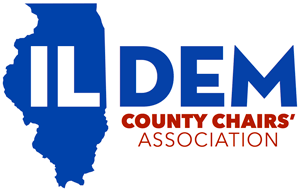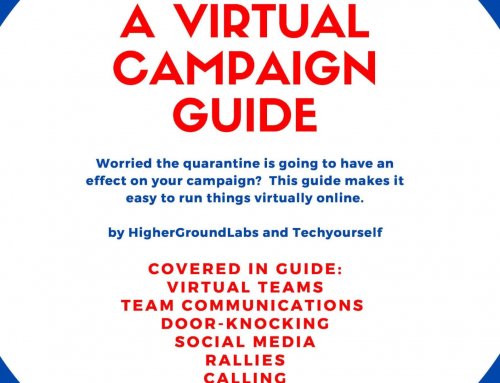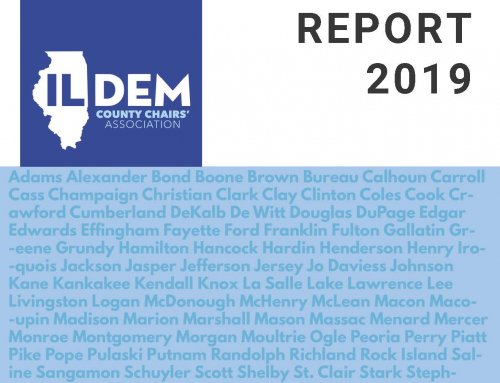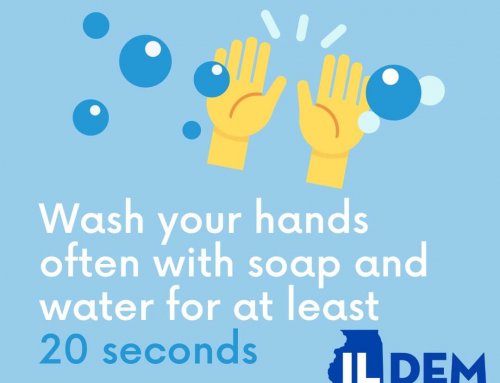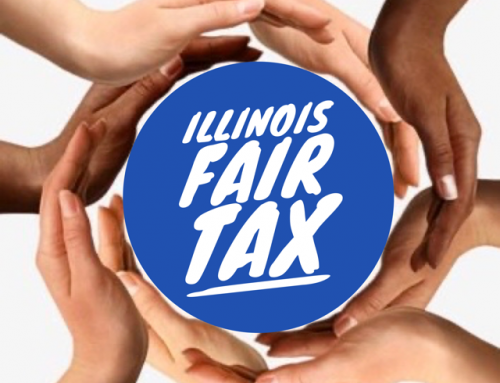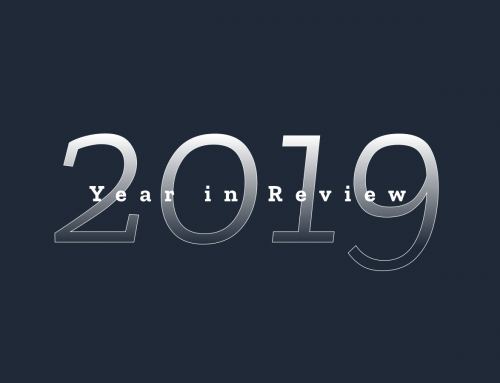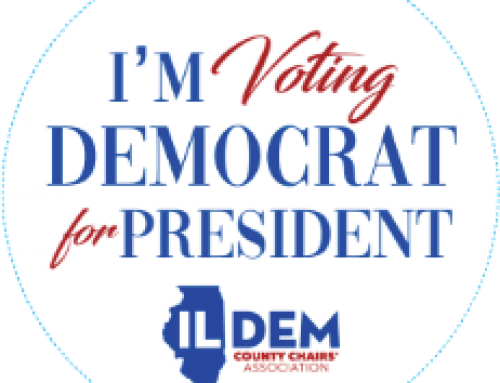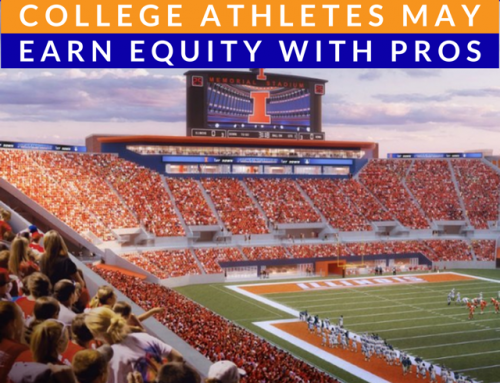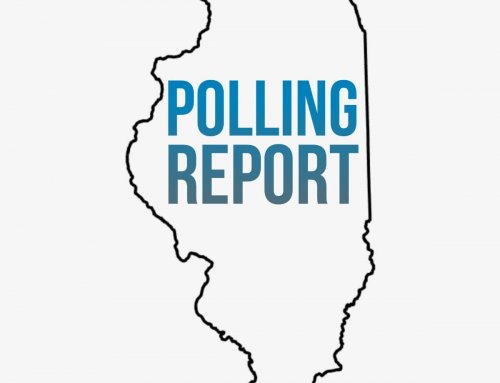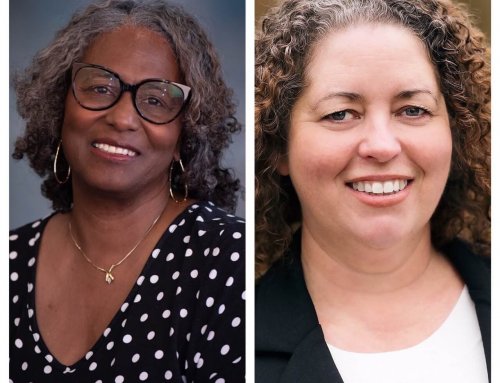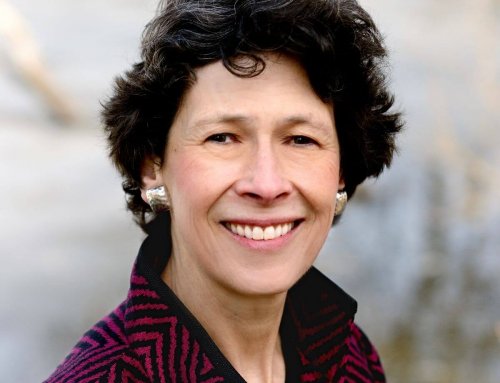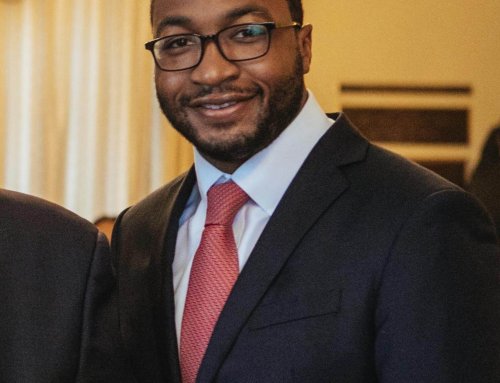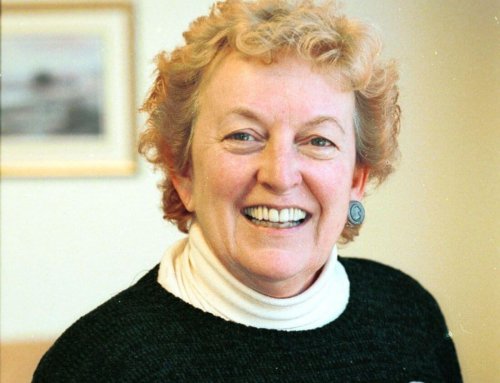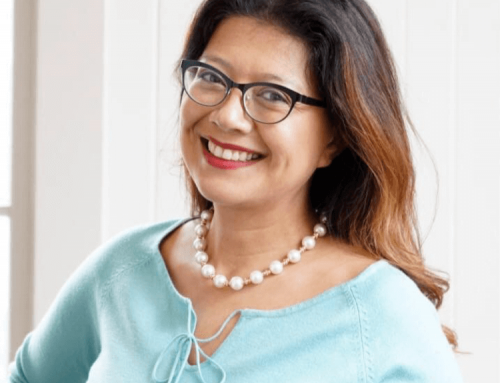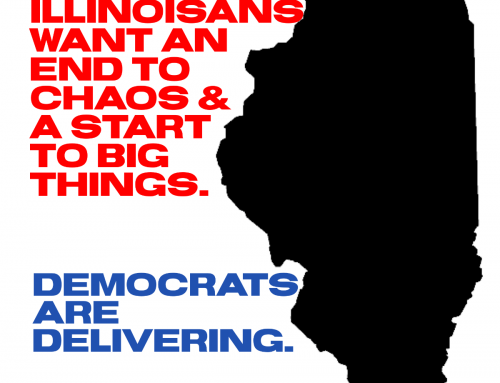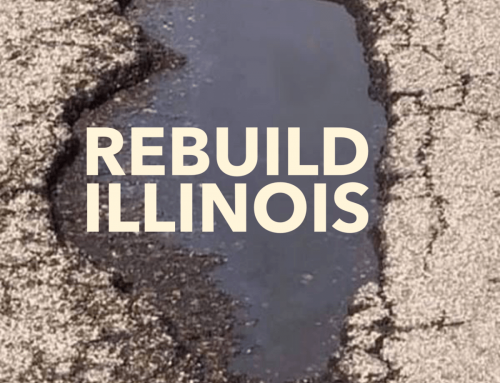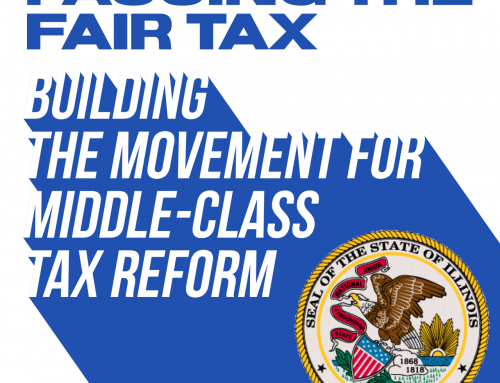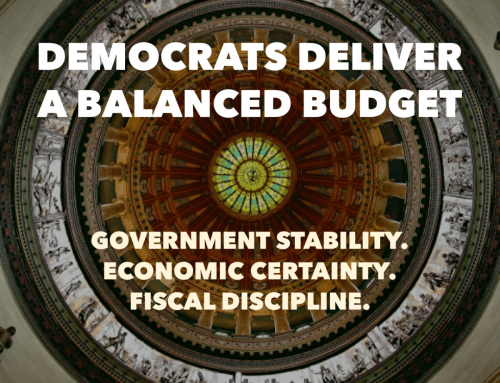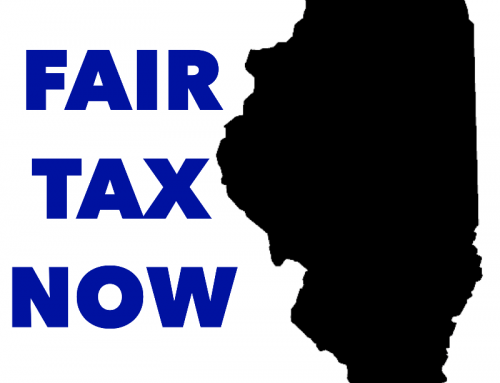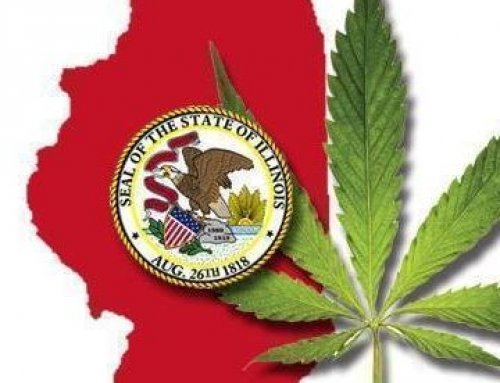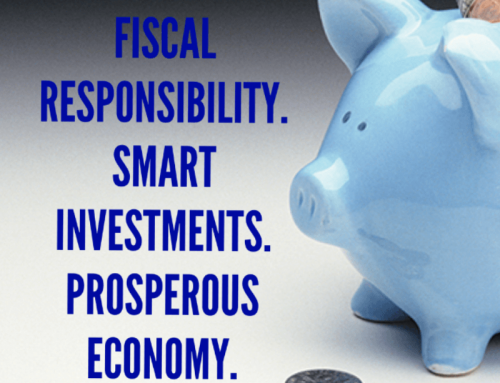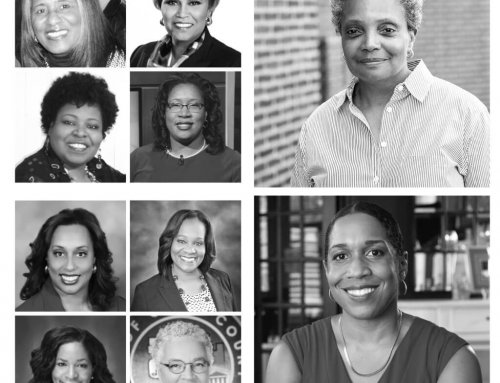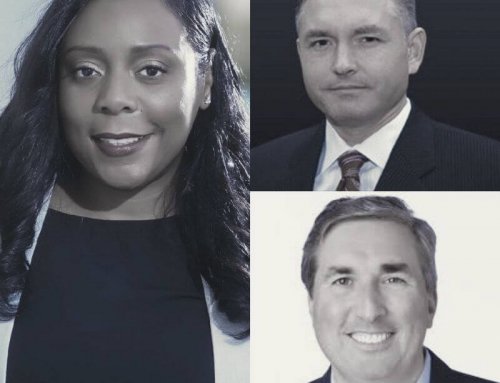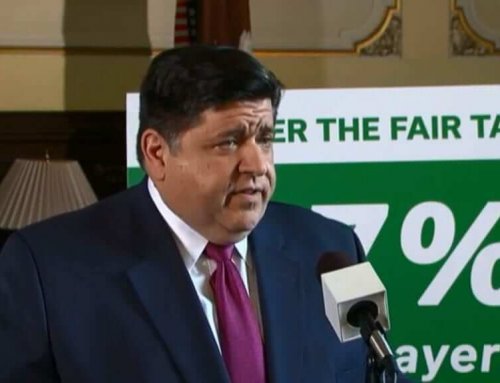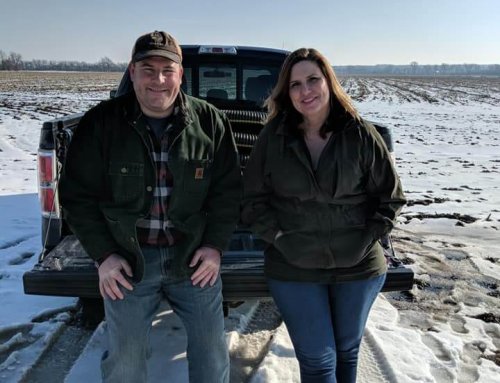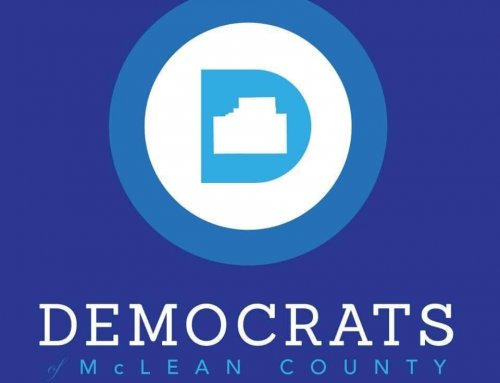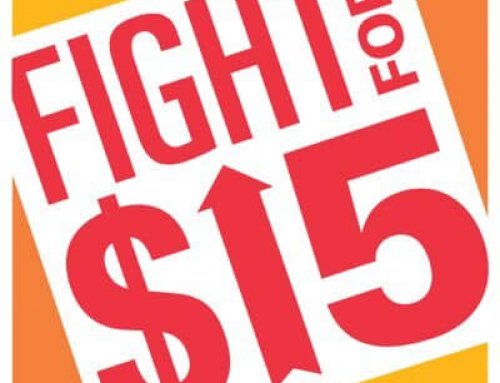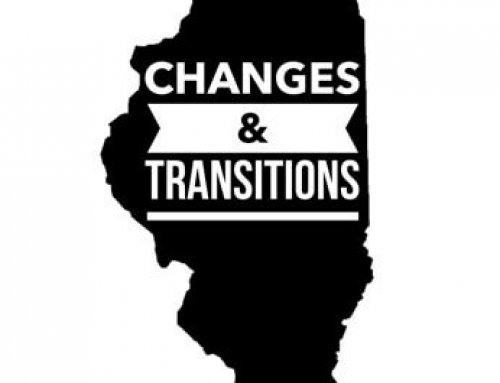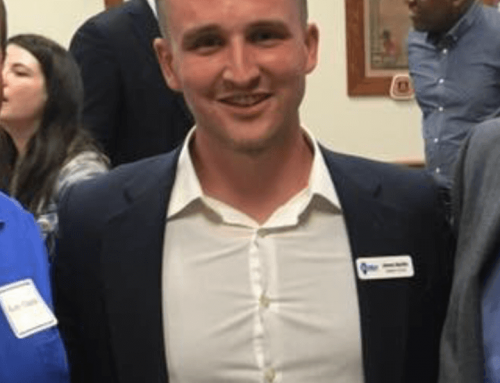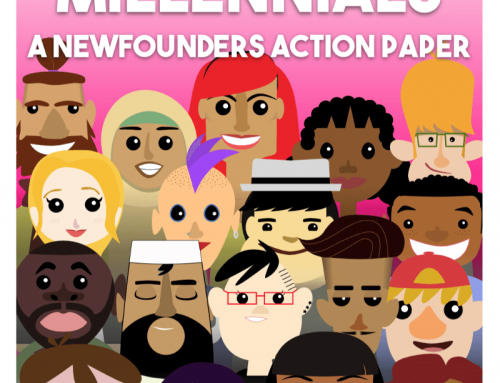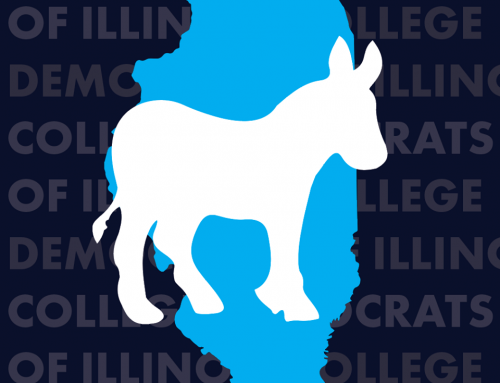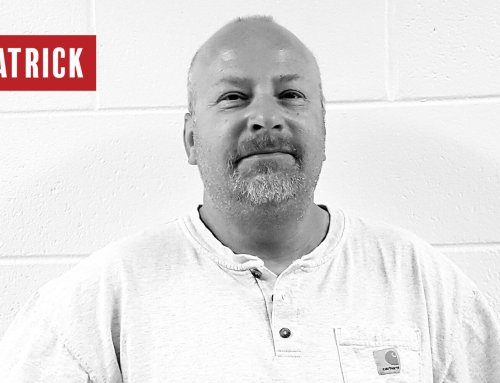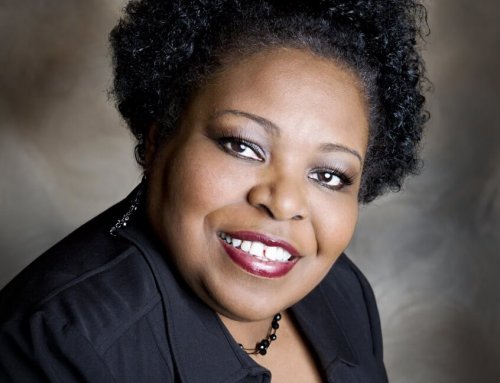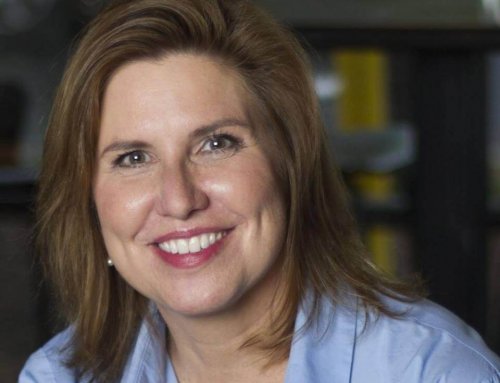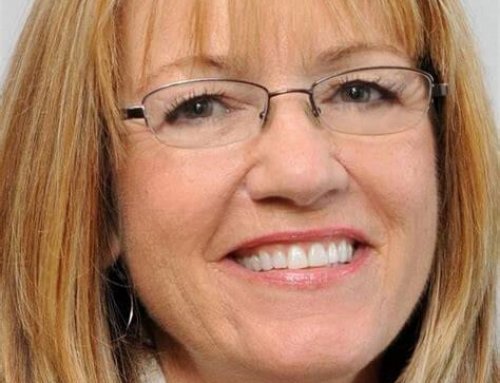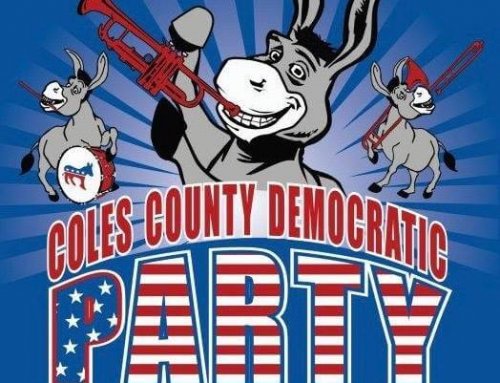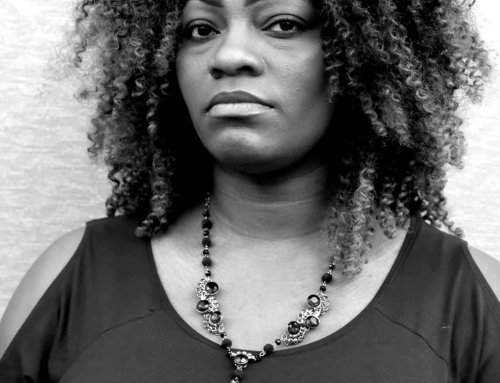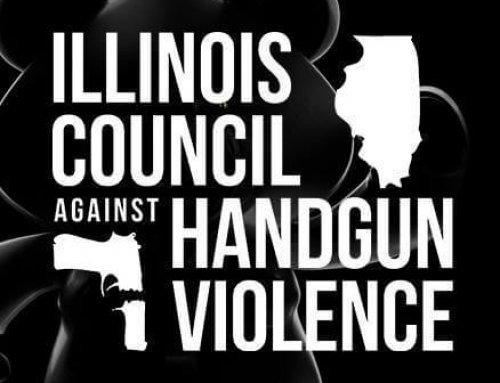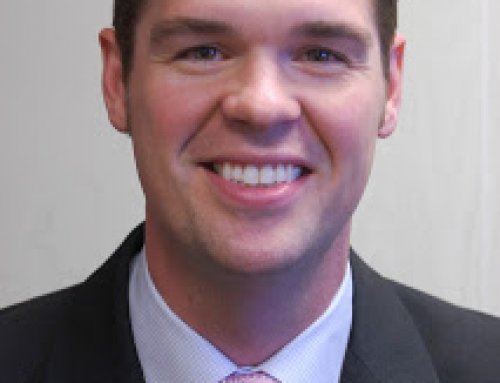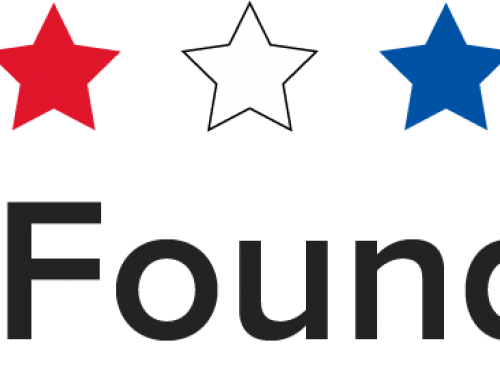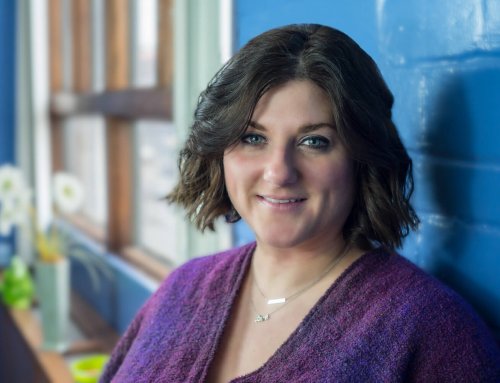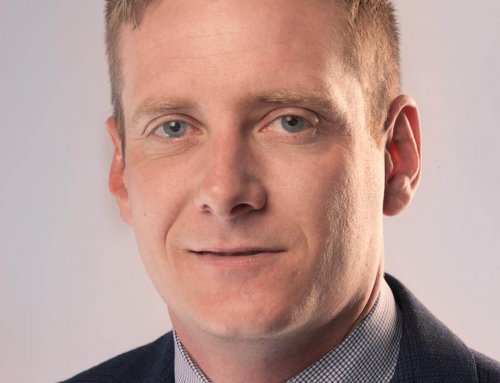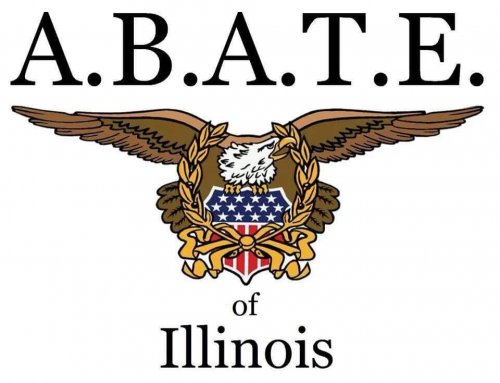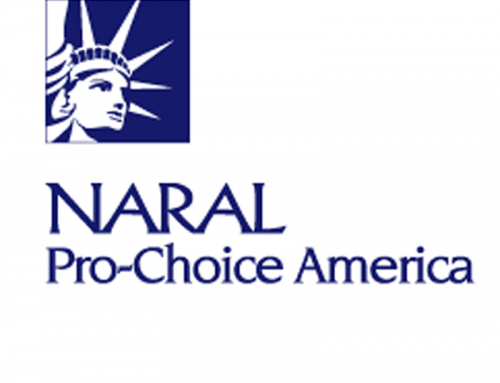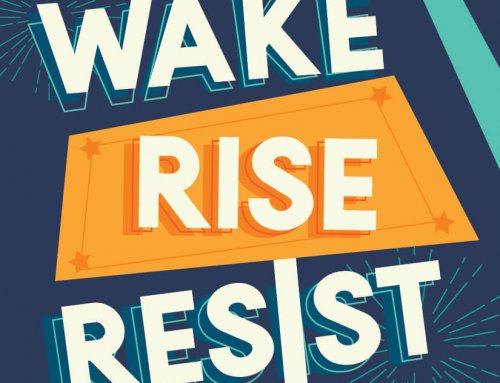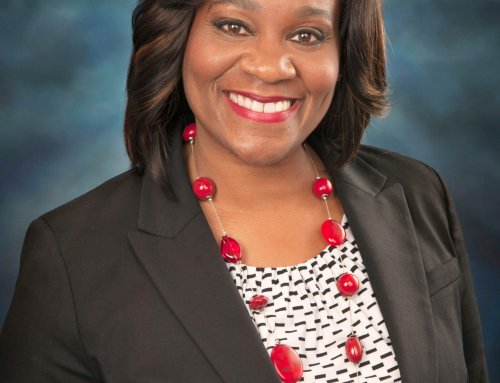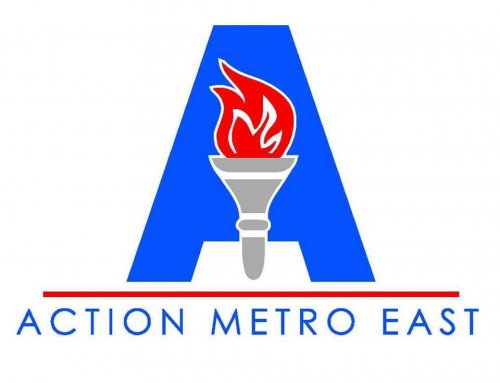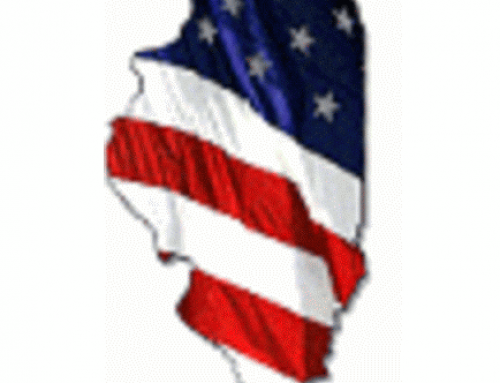
Organic vs Paid Reach – What Does It Mean?
by Jessica Ellison Thomas, @ActionMetroEast
Now that we’re well into political season, and you’ve been managing your campaign’s Facebook page for a while, you’ve probably noticed that Facebook includes metrics on everything you post. If you haven’t yet paid to reach anyone, your metrics will only show organic reach only, but, once you start paying, the results will be divided by organic vs paid reach.
Facebook is constantly adjusting its algorithm, but it recently announced a significant change to how and why posts are displayed in a News Feed – it will now be prioritizing content from family, friends, and groups. When discussing the reason for the change, Mark Zuckerberg that Facebook has “a responsibility to make sure our services aren’t just fun to use, but also good for people’s well-being”. He also admitted that, because of this change, businesses are going to have to work harder than ever to gain their customers’ attention. In our case, this means that we as politicians and candidates are going to have to work harder to interact with our constituents.
Prior to this algorithm change, Facebook pages had an organic reach of 4-6% of the people who like the page. It’s estimated that posts are now only reaching 2% of followers organically. In short, something that didn’t work well before is even less effective now. If you want to get in front of the right audience – or any audience – you’ll need to start paying Facebook to help you reach those people.
Occasionally Facebook will suggest boosting a post that’s getting organic traction. The idea behind this is that a post that is successful organically will do even better if it’s reaching a larger, paid audience. While this can be true, boosting a post is Facebook’s way of saying that you are paying to reach the people who already like your Facebook page. Depending on the message that’s successful, you should ask yourself if paying to reach this audience is a good idea. Before you click that “Boost” button, ask yourself if you would pay to promote that message if Facebook weren’t suggesting that you do it. If the answer is no, then don’t push that Boost button.
Ultimately, keep in mind that the benefit of digital is that everything is trackable. Pay attention to which topics and posts get high organic engagement and which ones are flops. This will not only make you successful at social media but will also provide insights into what your constituents want and need, and that will make you a successful politician.
